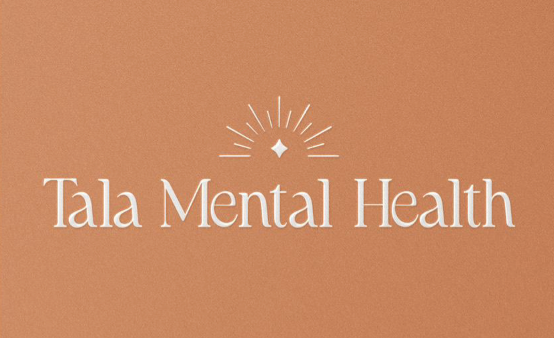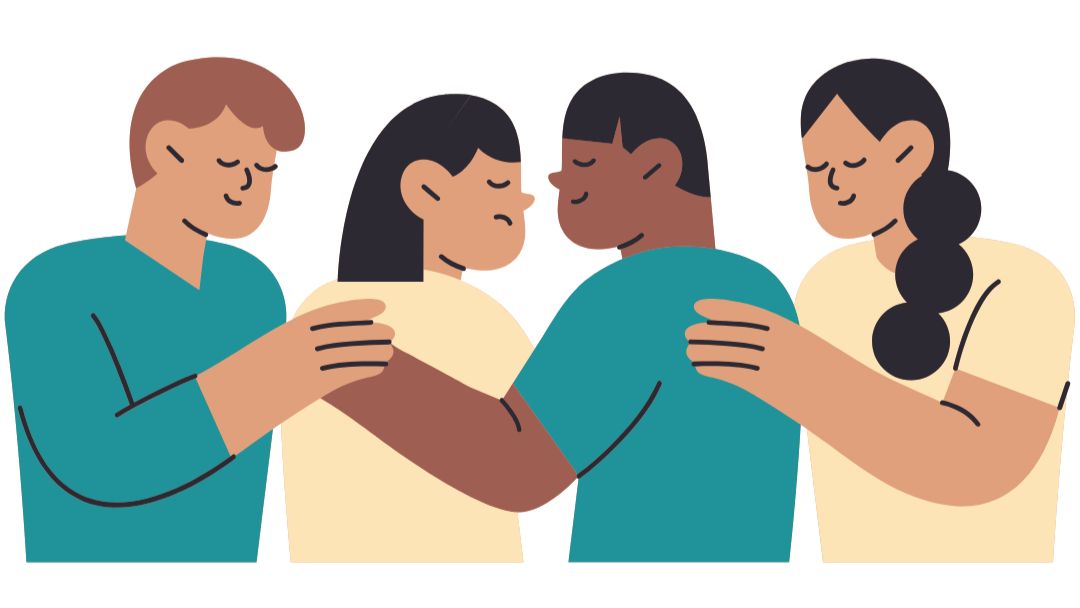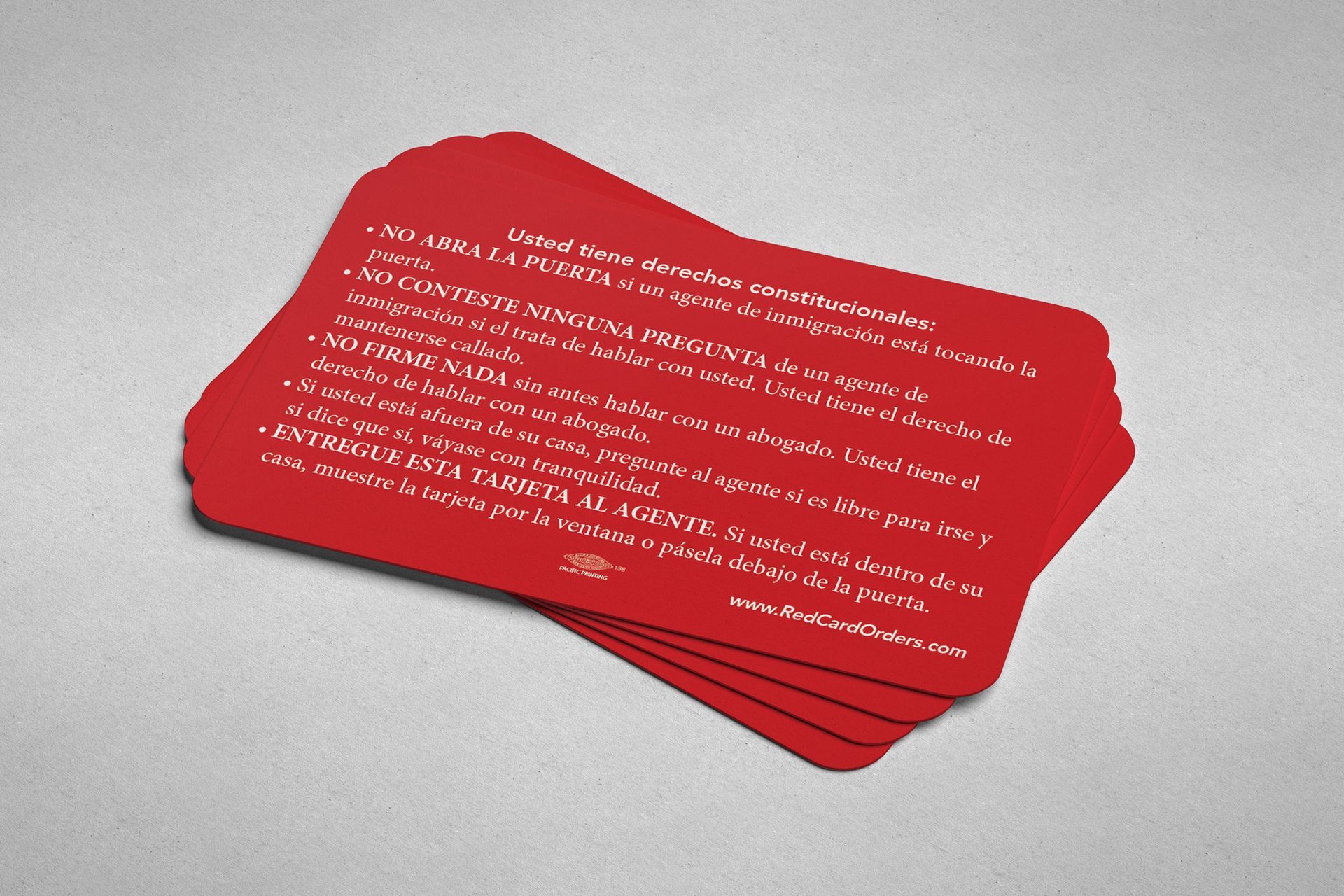April: Always and Nevers

“You’ll always be that way”
“I’m never going to learn”
“My family always reacts in that way”
“You’re never there for me”
Have you noticed yourself using
“always” or
“never” to describe yourself/others? We all have likely done it. Rarely do we use “always” and “never” after a single incident, so naturally, it truly feels like the situation is as finite as the words, “always” and “never.”
However, when we engage in the “always” and “never,” we are engaging in criticism– we point to character faults (in self or in others) rather than addressing a pattern of behavior.
Over the last few newsletters, we’ve been noting: words matter. Words matter because what we say, how often we say it contributes to the rewiring of our brain. It solidifies our perspectives, influences our overall sentiment towards self and others.
When we use “always” and “never,” we are automatically assuming there is no chance for new behaviors. If you can imagine repeating, “I’m never going to learn” leading up to an exam or work assignment… How might that impact not only your motivation but your self-concept? You might take on that sentiment towards a behavior/task (like studying) and adopt a belief about self- that I am defective in some way.
Words like “always” and “never” further create restricting narratives about self/others that might be detrimental. Instead, try having an open discussion or reflection about patterns of behaviors so that we call attention to the situations we’d like to improve vs. limiting our potential for change.
Written by: Elaine Raif



COMPANY
SERVICES
CONTACT
All Rights Reserved | Rose Junie Therapy
Designed by Vantix Digital
